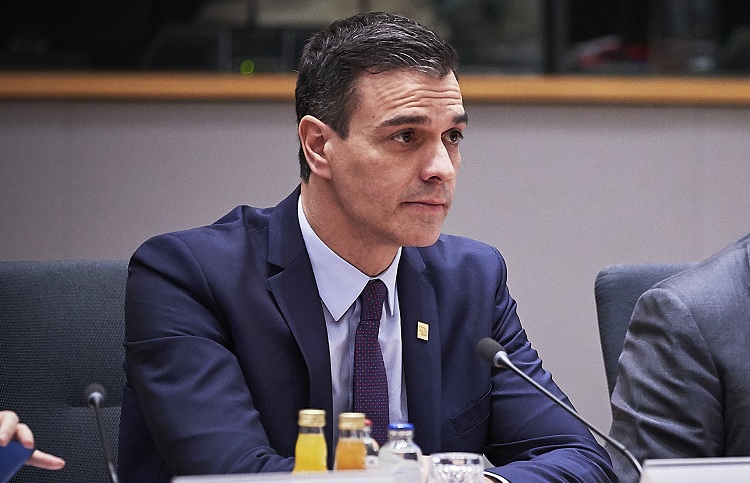Eduardo González
The Council of Ministers yesterday extended the travel restrictions from Brazil and South Africa in the framework of the exceptional measures to limit the spread and contagion by COVID-19 and lifted, on the other hand, those that existed for the United Kingdom since last December. This decision comes in the midst of the Spanish government’s efforts to reduce the tension between London and Brussels over the distribution of AstraZeneca vaccines.
This is the fourth extension of the Council of Ministers’ agreement of February 2, which established limitations on flights between Brazil and South Africa and Spanish airports. The measure will come into force from 18:00 on 30 March (peninsular time) until 00:00 on 13 April 2021 (peninsular time). From Brazil and South Africa, flights to Spain can only be made by Spanish or Andorran citizens, as well as residents of both countries or passengers in international transit to a non-Schengen country with a stopover of less than 24 hours without leaving the transit zone of the Spanish airport.
On the other hand, the Government decided yesterday not to extend the agreement of December 22, 2020 which established the limitations on direct flights and passenger ships between the United Kingdom and Spanish airports and ports. As announced by the Government spokeswoman, María Jesús Montero, during the press conference after the Council of Ministers, the restrictions will end on March 30 and the lifting of the limitations will force British citizens to submit to the same rules of the Schengen area and, therefore, to present a negative PCR test to be able to enter Spain.
The decision of the Council of Ministers came a day after a telematic meeting between the Minister of Health, Carolina Darias, and her British counterpart, Matt Hancock, in which they analyzed the pandemic situation and the evolution of the vaccination strategy. Besides, the lifting of the restrictions on the United Kingdom comes just a few hours before the British Parliament approves a law that will fine with almost 6,000 euros any citizen of the country who goes abroad for vacations.
The AstraZeneca dispute
The measure also coincides with a particularly tense moment between Brussels and London over the distribution of vaccines contracted with the British pharmaceutical company AstraZeneca. The European Commission, which has coordinated the EU procurement program, has accused the UK of withholding AstraZeneca vaccines produced in the country despite the fact that the EU procurement contract lists the company’s two UK factories. For that reason, EU leaders will discuss tomorrow at the European Council the possibility of banning vaccine exports to the UK, to which Europe has already exported 10 million doses. AstraZeneca has assured that a clause in its contract with the UK allows the UK to ban exports of its vaccines until the UK market is fully served.
For all these reasons, the dispute over the vaccines will be on the agenda of the meeting that the Minister of Foreign Affairs, Arancha González Laya, will hold tomorrow in Brussels with her British counterpart, Dominc Raab, in the margins of the NATO ministerial meeting, as she herself announced on Monday and as confirmed yesterday to The Diplomat by sources from the Ministry of Foreign Affairs.
As the minister explained at the press conference following the EU Foreign Affairs Council, the measures adopted by the EU to restrict vaccine exports “are not intended to penalize any third country but to force pharmaceutical companies to comply with their contracts with the EU“. “In the EU we have to make sure that pharmaceutical companies and in particular one of them, which is having more difficulties in fulfilling its obligations with the EU, comply with the contracts signed, and this is the case of AstraZeneca”, she added. Therefore, “the smart thing would be for the UK and the EU to work together to support AstraZeneca’s efforts to scale up its production, because the problem we have is one of scale of production by a company that has promised a contract to the UK and has promised a contract to the EU and right now is not in a position to fulfill those contracts”, she added.







